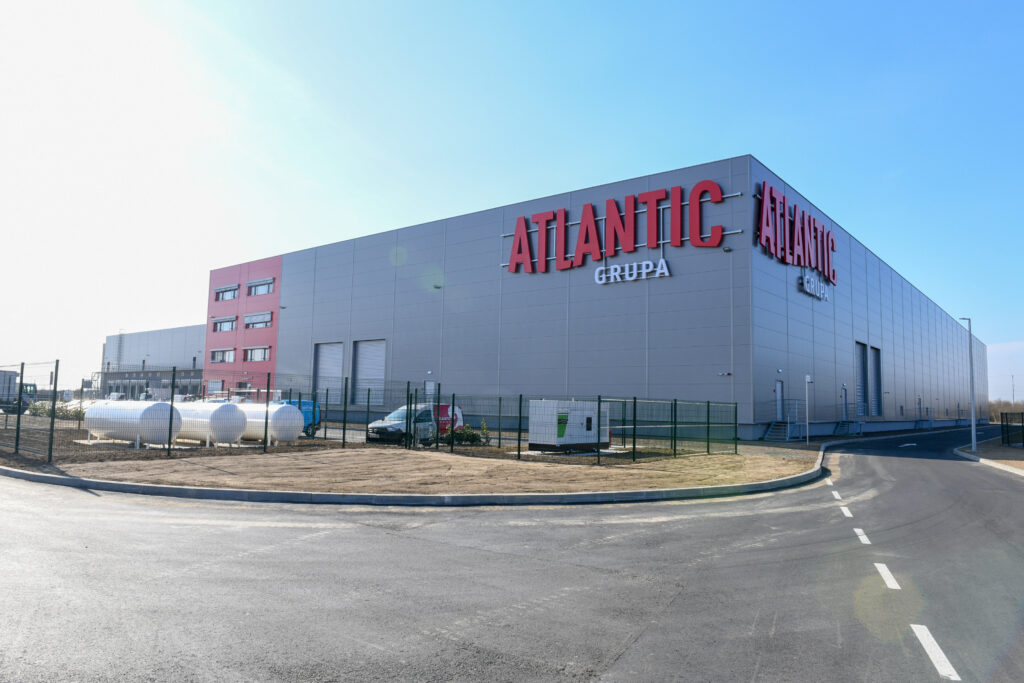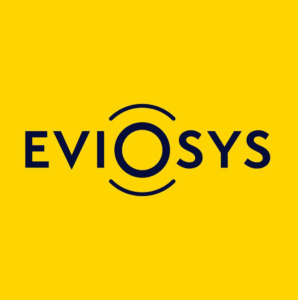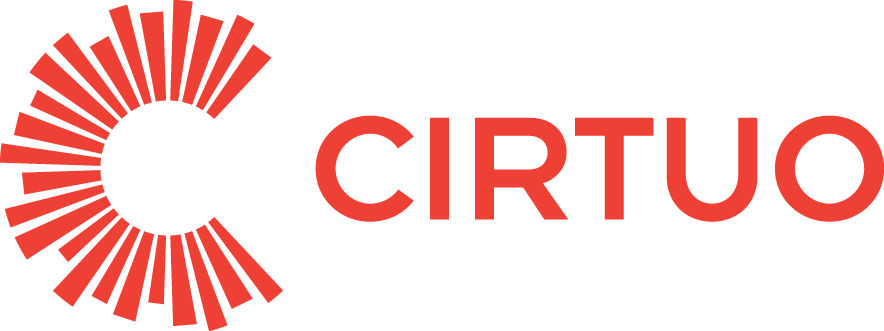While notions of adaptability and agility have become even more pressurised in recent years, Atlantic Grupa had a slight head start on many competitors having already laid out its digitisation roadmap long before. Recent cost and materials challenges have inevitably made life more difficult, but the company’s procurement organisation – headed by Danijel Banek, Executive Director of Central Procurement – remains resilient thanks to strong supplier relationships and a dynamic culture.
Hi Danijel. I understand you’ve been with Atlantic Grupa for 15 years now – how would you assess the journey so far?
Atlantic Grupa was founded in the early 1990s as a distribution company with only six employees, before expanding at the beginning of the 2000s through acquisitions of food and beverage production companies. I joined at the beginning of 2008 as, by the end of the same decade, it had already reached a critical size to require a Central Procurement department within the company. From a blank canvas, I was tasked with organising the newly internalised Central Procurement team. A decade-and-a-half later, I’m still in that role as Executive Director of Central Procurement, now leading a mature and experienced procurement organisation that has grown and developed together with the growth and development of the company.
Click Below: view the magazine version of this content
Of course, your experience in procurement dates even further back than these 15 years. Have you ever witnessed industry challenges like those faced since the pandemic?
My first contact with the procurement profession dates back to the end of the ‘90s and in the 25 years since, I do not remember being faced with so many different, huge challenges in such a short period of time. Supply chain challenges brought about by the outbreak of the COVID pandemic were followed by shortages of many goods and services as a result of reduced supply that could not cope with growing demand.
As if all that was not serious enough, geopolitical tensions and a terrible war in the heart of Europe has followed, leading to an explosion in the prices of goods and services. In the middle of last year, the prices of certain commodities reached doubled or even triple the prices seen at the end of 2020. In the past six months, those prices, including for energy, have reduced slightly, but are still ultimately high.
Finally, our industry – like many others – is also facing a labour shortage. Taking all of this into account, we can undoubtedly say that the industry has been operating in the conditions of a perfect storm for the past three years, with the potential to have a hugely negative impact on business performance.
How has Atlantic Grupa looked to weather the storm and reduce the subsequent risks?
The accumulation of out-of-stock situations, cost increases, and a forthcoming recession more recently, have led to a drop in private spending and purchasing power among customers. We have naturally had to adapt as a consequence, with greater procurement dynamism a priority.
First, from a risk management perspective, and to mitigate the challenges being faced, we switched to monthly – rather than quarterly – risk detections and assessments, while also expending the scope of these risk assessments, from tier 1 suppliers, to the whole upstream supply chain.
At the same time, we also introduced advanced technologies based on artificial intelligence (AI), which have enabled us to perceive a much wider portfolio of risks in a shorter time, using the minimum necessary resources for each activity. We regularly share information about all significant risks that we detect in this way with all important stakeholders. Likewise, we define risk mitigation activities together with them and work jointly to minimise the impact of these risks on our business.
More specifically, how have you looked to combat the dramatic pricing fluctuations?
We have adjusted the specifications of some production materials, and raised material stocks in order to prevent shortages or rising prices of these materials. More broadly, in times of high price volatility of most commodities, there has been a need to continuously monitor procurement markets and price movements.
With the help of adequate tools and technologies for predicting price movements of these commodities, we were in a position to react relatively quickly, to prevent further increases in purchase prices by timely hedging. However, all of this would not have been enough without good management of supplier relationships.
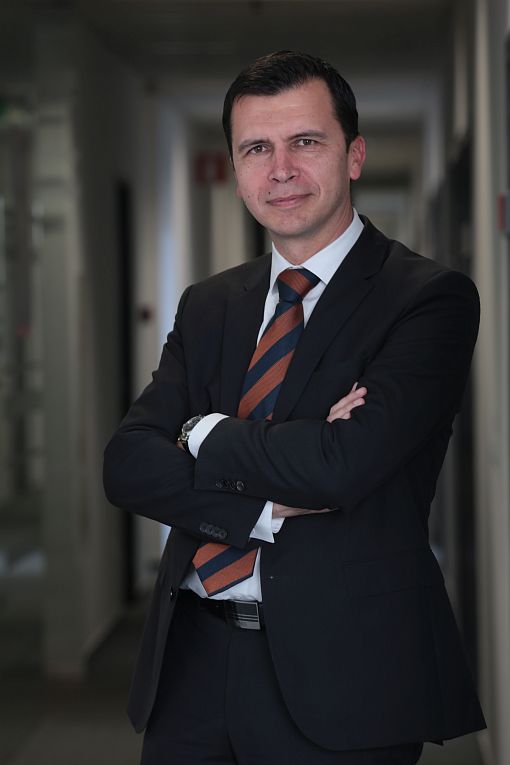
During the period of a typical seller’s market like we had two years ago, it was extremely important to be the customer of choice to our suppliers who often had to choose which of their clients they would deliver their products to, as there were not enough to satisfy the needs of all customers. Now, with this time lag and in a situation where procurement markets are mostly normalising in recent months, we can say with great certainty that it is the excellent and open relations with our strategic suppliers that have led us to a largely uninterrupted supply chain even in the most rigorous of conditions.
As a result, we have been able to supply our customers with sufficient quantities of our products.
You mention the importance of relationship management there. Do you have any examples where this close collaboration has really helped to mitigate recent challenges?
I’d like to highlight our packaging suppliers in particular, as they too have struggled with the challenges of securing sufficient materials, with the costs of those materials, and with their own labour shortages. Even still, they have regularly supplied us throughout.
Supporting Partner – Eviosys
Whether it is the supply of metal packaging from Eviosys, or PET packaging from Alpla, they have been real examples of management excellence, crisis aversion and partnership fulfilment. In such challenging times, they never left us without deliveries for even a single moment. This is especially significant when we know how difficult it is to predict the needs of our customers recently, and therefore plan deliveries effectively. The operational teams made up of representatives of our suppliers and our procurement organisation did an excellent job; while Eviosys, Alpla and our other suppliers matched our level of flexibility and timeliness throughout.
How does technology fit into this adaptability effort? You touched upon AI, but presumably this is part of a much broader digitisation initiative?
Our digital transformation roadmap was actually created a few years before the COVID outbreak, shooting into two primary directions.
The first relates to strategic tactical procurement activities such as category management, supplier management, risk management, contract management and spend management. The second was targeted towards to the use of technology in the automation of operational procurement activities such as ordering, invoice management and preparation for payments of invoices.
Before introducing new technologies, we conducted a comprehensive business process redesign project where we first mapped all existing processes within the company and analysed areas of potential efficiency improvements, and the removal of gaps or overlaps across processes.
After that, we looked at which technologies and tools would help us improve these processes and give them an additional quality, while reducing the need for human interventions in the field of operational work. As far as procurement is concerned, we clearly recognised the need to introduce a procure-to-pay tool to support operational procurement processes, which until then were quite manual.
Despite the outbreak of the COVID crisis, it was at that time that we started implementing the selected procure-to-pay tool, but rather than simultaneous deployment across all countries and operating companies within Atlantic Grupa, we enacted more of a phased rollout. In this way, we could react and fix any issues that arose, with each implementation then becoming more robust and advanced.
How responsive and positive has the team been to this period of digital transformation?
It was clear to us that the implementation of new digital tools couldn’t take place unless it was accompanied by appropriate change management. It was very important to us that satisfied users of these tools and processes, who are not from the purchasing organisation, would spread information about their satisfaction with the newly implemented processes, and that they would act as kind of brand ambassadors for these changes.
Content Sponsor – Cirtuo
That being said, the transition was made easier by the fact that digitisation has been occurring within the business for around 15 years. We started then by digitising the tactical element of procurement activities such as category management (integrating both supplier and supplier relationship management). We implemented a tool that, at first, helped us to create a digital record of our view of procurement categories to facilitate optimal strategies that maximised the value of procurement category management. The tool was created by a Croatian-Austrian company (then, startup) called Cirtuo who sought to continuously improve the tool and its functionality.
In the meantime their tool integrated many advanced functionalities that enabled a structured approach to category management, and a simple sharing of information within the purchasing organisation, as well as with a wider base of internal stakeholders. This later ushered in the use of AI – complex algorithms that would help to more accurately define optimal procurement strategies, which they called ‘Guided Strategy Creation’ technology.
I am sure that, as time goes by, procurement category managers and procurement professionals in general, with the growing use of advanced digital technologies, will increasingly feel like pilots in the cockpit of modern airplanes. In them, once adequate parameters or data are entered, the technology does a lot and could actually manage everything almost independently. However, the control stick is still in the hands of the pilot who has the opportunity and often the need to choose the direction, altitude and speed that they believe will bring the aircraft and passengers to the desired destination safely and quickly.
I have already mentioned that a good part of the success of procurement organisations lies in the quality of relationships with suppliers, and this is an area where, for a long time, and perhaps forever, social rather than technical or artificial intelligence will dominate.
How do you foresee the relationship between ‘man and machine’ evolving from this point, within Atlantic Grupa?
AI is now a big part of our organisation. In addition to our category management evolution, we have recently introduced a tool that, powered by AI, scans thousands of announcements, news reports and other data sources about our suppliers and purchasing categories on a daily basis.
Based on the risks identified, the tool is able to provide a quantified assessment of the manifestation of these risks on our business. Also, we regularly use several digital tools for monitoring and forecasting commodity price movements – the estimates of which we use when making decisions about hedging production materials and energy.
With each new implementation, we know it won’t have its full effect if we don’t have people who know how to use these technologies and who have the capacity to co-develop these tools with the vendors, by setting continuous requirements for their refinement and improvement. In this sense, we also had to make certain organisational and personnel adjustments to raise the level of competence, motivation and general openness around the use of technology within the procurement organisation.
This process actually never ends but represents the continuous development of our people and organisation, which we carry out by occasionally bringing in people from outside, or ideally through permanent education and competency raising of existing employees. The great thing is that most of the new employees of the younger generation bring with them an innate curiosity and inclination to use digital technologies.
The onus is on us to match this curiosity and to satisfy their appetites for advanced digital technologies.
Presumably that’s where you come in, in creating a culture that blends the best of both manual and automated inputs?
The overall concept of ‘culture’ was actually discussed during Atlantic Grupa’s most recent Annual Management Meeting, and it’s a difficult thing to define.
Thanks to the fact that the purchasing function interacts with absolutely all functions and parts of the company, as well as the fact that purchasing performance affects the company’s financial results more than any other, the purchasing function has truly become the core function of any company.
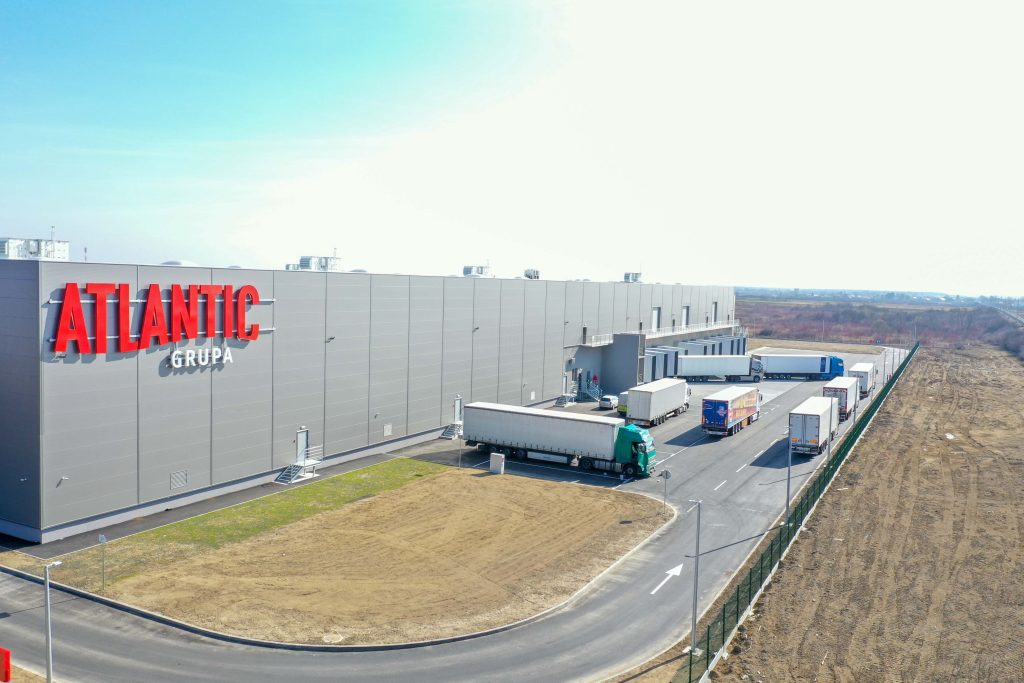
Therefore, today’s leadership in procurement must simultaneously focus on creating a procurement function that attracts the best talent, while also improving existing employees. This requires leaders to sell a compelling vision of what the procurement function of the future will include. It means enabling the best people using the best technologies to support optimally set processes. It means visualising a department that has its reputation earned through an excellent track record, top performance, and high professional and ethical standards by which it is guided.
Instead of coming up with a specific definition, we agreed that corporate culture is depicted through a series of elements that make up the experience of our employees. This includes the way colleagues from the company greet each other when they meet in the hallway, through the music that is played in the corporate cafe or in employees’ offices, through the way in which employee meetings are conducted and various ideas and proposals are discussed, through the celebration of small and large results of the company or individual departments, or also through the way less favourable results are discussed and dealt with.
These symbolic gestures, dynamics and problem-solving capabilities are inspired and encouraged by diversity and democracy. We encourage democracy in the expression of views so that the best ideas and proposals, regardless of who and where they come from, always get a chance to be realised. We are also ready to accept mistakes that were made with the best intentions, and from each situation we try as an organisation to learn something and draw certain lessons. We consider ourselves a still-learning organisation and every employee has the opportunity for personal growth and development together with the development of the company itself.
Attributes such as being curious, open, informal, creative and inspiring are the ones that best describe Atlantic Grupa and our corporate culture.
More generally, how significant has the procurement function become in dictating and protecting the overall performance of Atlantic Grupa?
Procurement organisations generally manage costs that sometimes amount to 60% of a company’s income. At times of high price volatility, there is an exceptional opportunity to create a competitive advantage for your company through the optimal timing of contracting goods and services… ‘hedging’, as we call it.
One of the most important tasks of such a strategic function is the protection of the company’s planned business results – ensuring the company’s profitability and liquidity. However, it is often forgotten that procurement organisations in times of shortages of certain goods on the market, by ensuring the continuity of deliveries, actually enable sales and directly affect the top-line results of the company.
In this regard, I think that in the procurement organisation of Atlantic Grupa we can be very satisfied that we managed to enable our company to achieve stable sales growth even in times of hard lockdown, when it was really not easy to secure all goods and services.
That being said, there are very few companies from our industry – food and beverage production – that have been able to achieve operating and net profits equal to results from recent years, and Atlantic Grupa is no exception.
I would have liked if, despite all the difficulties, we had been able to maintain the financial performance from that earlier period, but unfortunately this was not possible due to our intention not to pass on all cost increases to our customers and consumers.
We certainly wish to return to the results that we regularly achieved over the year to come, hoping that the market circumstances and supply market conditions will allow us to do so.
Speaking of those ‘years to come’, what are your overriding ambitions looking forward?
When we formed Central Procurement a little more than 15 years ago, we set ourselves the goal of becoming one of the best procurement organisations in Central-Eastern Europe over the next 10 years.
In 2015, in the middle of that timeframe, according to the criteria set by the European Institute of Purchasing Management (EIPM) based in France, we were pronounced the purchasing organisation of the year in all of Europe. External awards and recognitions are always important, but it is equally important how our own company perceives us as a purchasing organisation – how much trust it has in it and how satisfied it is with the business support and the realisation of business requirements.
What motivates us most is the fact that this trust in our purchasing organisation has not been lost even during the period of the past three years where the entire company has been operating in extremely challenging circumstances, and when the bottom-line results of the company could not be secured at previously familiar levels. This trust of the company and its management motivates us hugely, and obliges us to continue working and developing even faster and more dynamically in the future.
We enjoy the responsibility, as a purchasing organisation, of building and developing a procurement function based on positive, equal and inclusive values. Moreover, we enjoy the responsibility of being an important differentiator within the wider company – a differentiator that creates visible added value for the Group and its customers.

